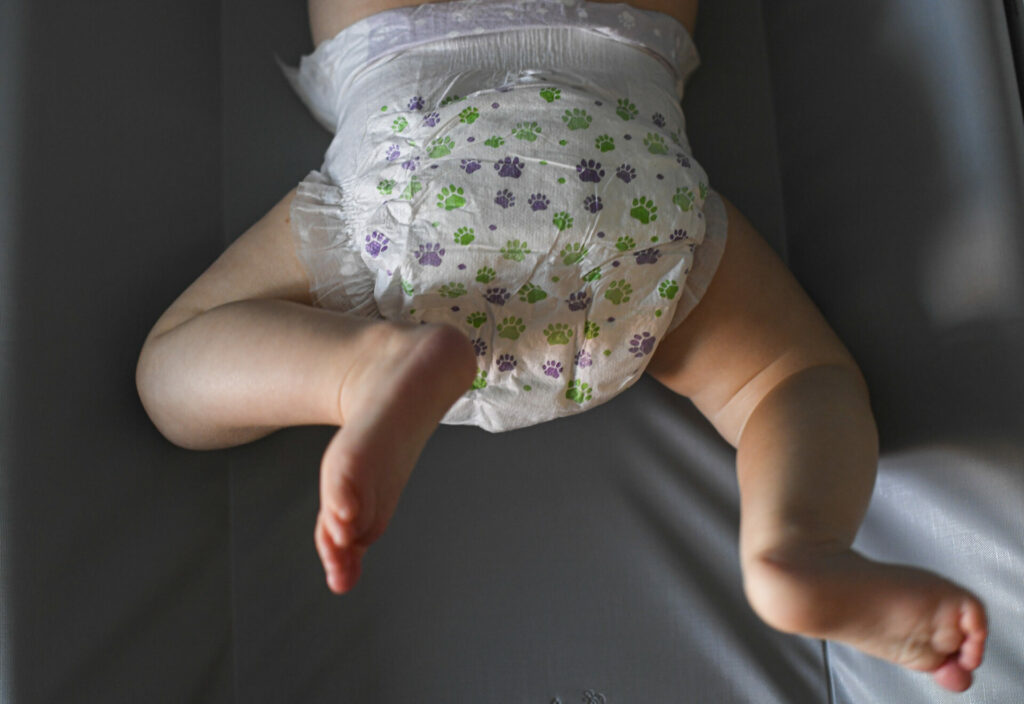The number of births in Belgium is continuing to drop, having reached the lowest level recorded in the country in over 80 years in 2023. The decline is most noticeable in the Brussels-Capital Region, where 5% fewer babies were born.
Last year, 110,198 births were registered in Belgium, a 3% drop from the 113,593 births in 2022, according to the latest figures published by Statbel, Belgium's national statistics office. This highlights the continuing downward trend in the number of births in the country.
Excluding the post-pandemic rebound in births in 2021, the figure has gradually declined since peaking in 2010 (when around 129,000 were recorded, the highest number since 1973). The Belgian birth rate has now reached its lowest level since 1942 when around 105,000 babies were born.
Biggest drop in Brussels
The nationwide figure hides large regional differences. The decline in the number of births was particularly pronounced in Brussels, where 13,967 babies were born, down from 14,744 the year before, marking a 5.41% decrease.
Wallonia recorded the second-largest drop, from 35,565 to 33,873 (-4.87%), while in Flanders the number of births fell from 63,284 to 62,338 (-1.2%) between 2022 and 2023.
The number of live births in 2023 was 9.4 per 1,000 inhabitants, amounting to a gross birth rate of 9.4‰. This marks the second consecutive year in which this figure dropped below 10‰. In 2013, the gross birth rate was still 11.2‰, meaning Belgium's birth rate has fallen by almost 12% in one decade.
Drop among non-Belgian women
The total fertility rate (TVC) is an important indicator of population growth which refers to the average number of children per woman during her reproductive years, calculated by summing up the age-specific fertility rates for a given year across all ages. The TVC also follows a downward trend in Belgium, dropping from 1.53 children per woman in 2022 to 1.47 in 2023 (1.37 for Belgian women and 1.91 for non-Belgian women). The EU average is around 1.4 children per woman.
For a long time, the decrease in fertility rates was mainly recorded among Belgian women, but it is now also being observed among non-Belgians. Flanders is now the only region to record a TVC of more than 2.1 children per woman among mothers with foreign nationality. In Wallonia, the rate fell below the replacement level, while the lowest figure was seen in Brussels (1.36 for all nationalities combined, of which 1.26 children per Belgian woman).
On average, a woman is 29.6 years old when her first child is born. The average age at childbirth (including all children a woman carries) is 31.1 years in 2023, one year older than ten years ago.
Births outside of marriage are becoming increasingly common, and births within a married couple (formerly known as 'legitimate' births) now make up only 45%, despite constituting a majority ten years ago (52.1%).

